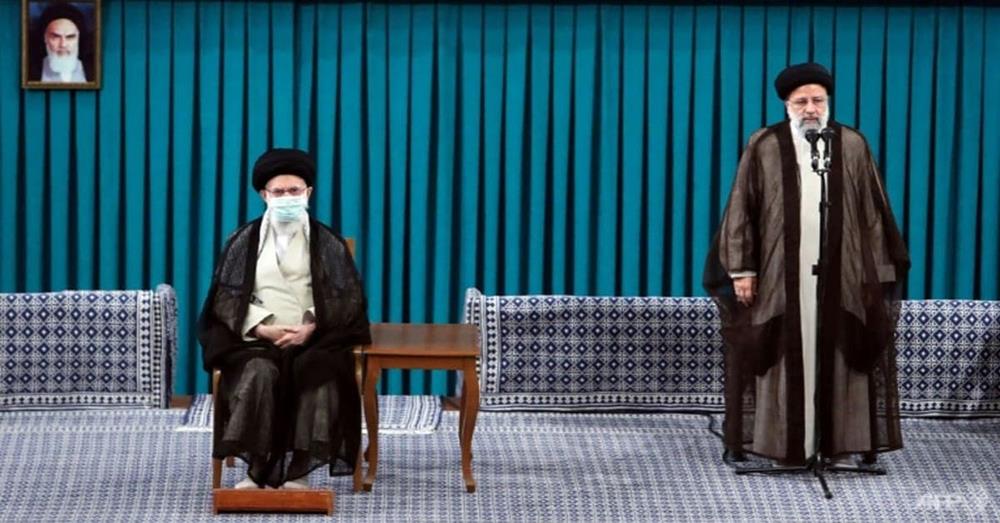WASHINGTON, Nov 5 (AFP) - With nuclear talks set to resume this month with Iran, an increasingly sceptical US President Joe Biden is seeking the right balance between threats and incentives to bring Tehran back into compliance with a 2015 deal.
Iran has agreed to resume talks on Nov 29 with world powers after a five-month gap to salvage the agreement in which it promised to scale back nuclear work drastically in return for economic relief.
Much has changed since the talks broke off in June, notably Iran's election of an ultraconservative president, Ebrahim Raisi.
During the break, Iran has kept pursuing its nuclear work, leading even Western supporters of the 2015 accord to warn that the deal could become useless due to Tehran's advances.
"The Biden administration has to walk a fine line between demonstrating to Iran that Tehran will benefit from sanctions relief if the deal is restored, while not giving in to Iranian leverage," said Kelsey Davenport, director for nonproliferation policy at the Arms Control Association.
"The United States cannot reward Iran for continuing to violate the nuclear deal," she said, while adding that the Biden administration also needs to show "concrete and immediate benefits."
Biden entered the talks in Vienna - held indirectly, with Iran refusing direct meetings with US envoy Rob Malley - in hopes of a quick revival of the agreement from which former president Donald Trump withdrew the United States.
Trump slapped sweeping sanctions on Iran, including a unilateral ban on its oil exports, leading Iran to move away from its commitments.


